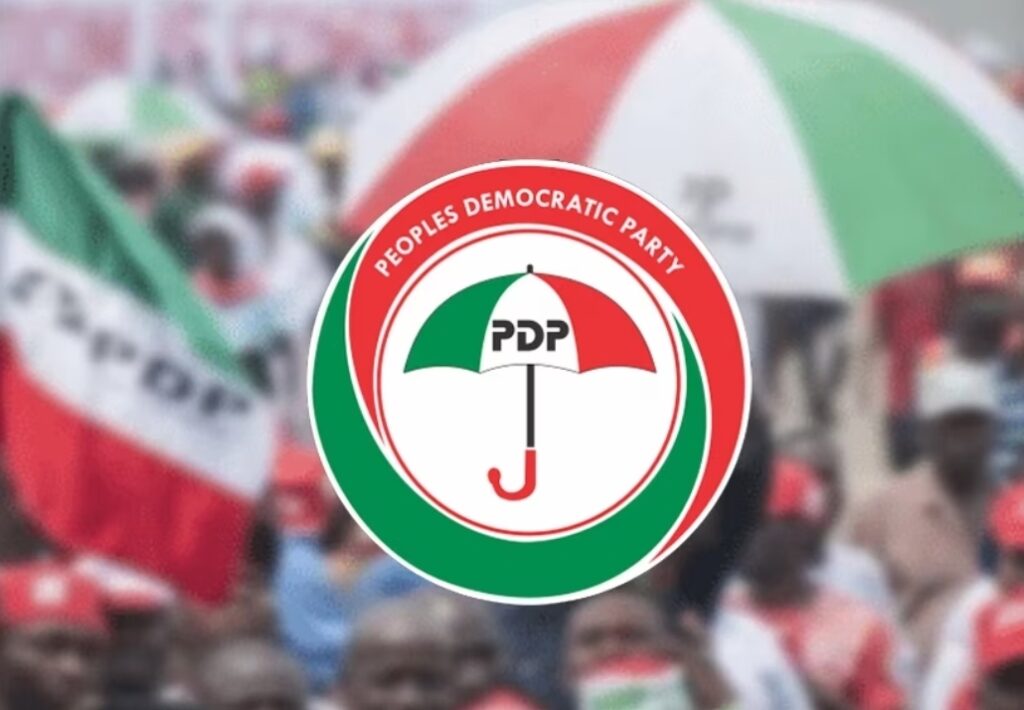The race for the Anambra State governorship seat in 2025 has taken an expensive turn, as the Peoples Democratic Party (PDP) announced a staggering ₦35 million price tag for its nomination forms. The party attributed the steep cost to the current economic climate in Nigeria, sparking mixed reactions from political aspirants and the public alike.
The Price of Politics: PDP’s New Fee Structure
In a letter addressed to the Anambra PDP Chairman, Chidi Chidebe, the party’s National Organizing Secretary, Umar Bature, outlined the updated fees for the upcoming governorship election. The nomination form alone will cost aspirants ₦35 million, while the Expression of Interest form is priced at ₦5 million.
Additional fees include:
Adhoc Delegate Form: ₦50,000
National Delegate Form: ₦150,000
The PDP’s National Working Committee (NWC) defended the increase, citing the country’s economic trajectory as the primary reason for the upward review.
Inclusivity Amid High Costs: Discounts and Exemptions
While the new fees may seem prohibitive, the PDP has introduced measures to promote inclusivity. Female aspirants and persons living with disabilities (PLWD) are exempted from paying for nomination forms. Additionally, young aspirants below the age of 40 will enjoy a 50% discount on the nomination form, a move aimed at encouraging youth participation in politics.
A Timeline for the Anambra Governorship Race
The PDP’s timetable for the Anambra governorship election aligns with the schedule released by the Independent National Electoral Commission (INEC). The party’s Directorate of Organization and Mobilisation (DOM) has drafted a detailed plan to ensure a smooth electoral process.
Mixed Reactions: Is the PDP Pricing Out Aspirants?
The announcement has sparked a wave of reactions, with many questioning whether the high cost of nomination forms could discourage potential candidates, especially those without deep pockets. Critics argue that such fees could limit the pool of aspirants to only the wealthy, potentially sidelining qualified but less financially capable individuals.
On the other hand, supporters of the PDP’s decision point to the need for the party to generate funds to run effective campaigns and cover operational costs, especially in a challenging economic environment.
Conclusion: Balancing Economics and Inclusivity
As the Anambra 2025 governorship race heats up, the PDP’s decision to raise nomination fees highlights the complex interplay between politics and economics. While the party has taken steps to ensure inclusivity through exemptions and discounts, the high cost of participation remains a contentious issue.
Will this move strengthen the PDP’s financial position, or will it alienate potential candidates and voters? Only time will tell as the political landscape continues to evolve in the lead-up to the election.
